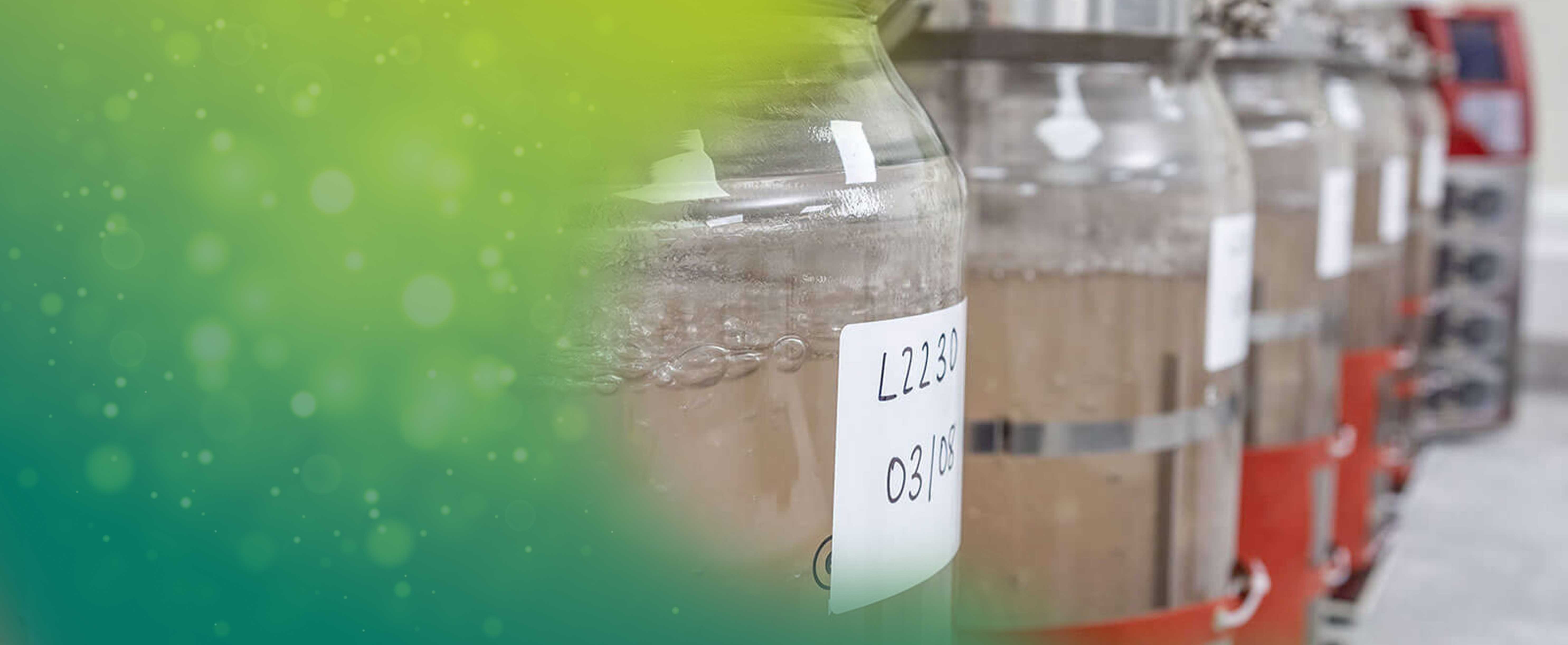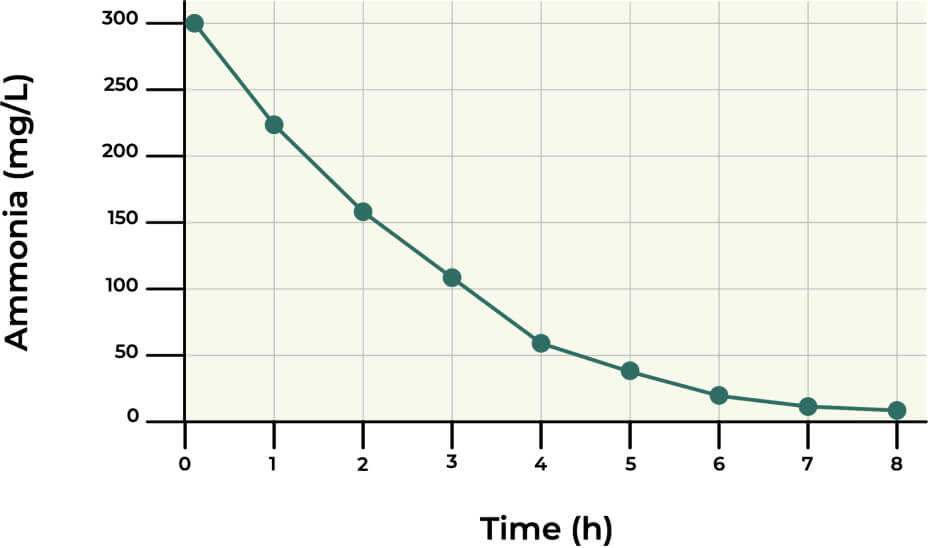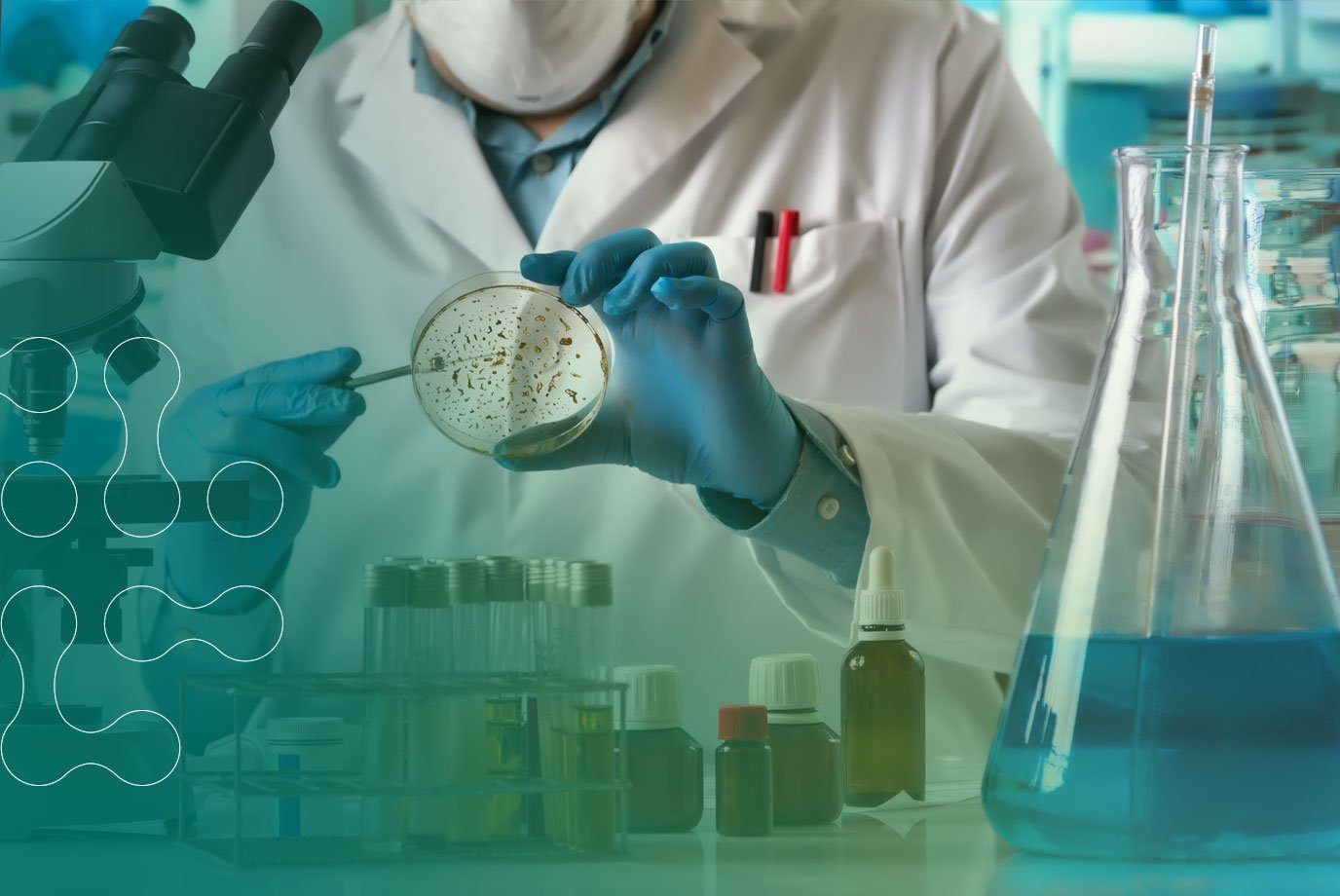
BioResolve Nitrifiers
Naturally Effective Wastewater Treatment
- Reduce waste water costs
- Achieve consent levels
- Improve plant efficiency
BioResolve Nitrifiers
Uses a bespoke in-house fermentation process to produce nitrifying bacteria
Ammonia build-up can cause significant issues in terms of plant performance and result in heavy fines if consent levels are not met. The correct species of nitrifying bacteria remove ammonia, but nitrification is more easily interrupted compared to other biological wastewater treatment processes because these microbes are slow growing and highly susceptible to chemical and physical challenges.
This can lead to plant failure and slow recovery.
Biological Preparations use a bespoke in-house fermentation process to produce nitrifying bacteria designed to thrive in a wide range of wastewater types and respond quickly to restore nitrification.
The nitrification process takes place in two stages
- The oxidation of ammonia to hydroxylamine, then conversion to nitrite, carried out by species such as Nitrosomonas.
- The oxidation of nitrite to nitrate by species such as Nitrobacter.
Activity of BioResolve Nitrifiers A5000

Customer Benefits

Prevents ammonia-related consent level violations

Shortens the recovery time after process issues

Tailored strains designed to work in a wide range of wastewater types

Reduces the impact of shock loads on effluent quality

Enables industrial wastewater plants to withstand higher loading of toxic waste streams

Provided in refrigerated containers with overnight shipping for immediate use

Ammonia
Ammonia is highly toxic to fish and other wildlife and causes considerable oxygen depletion in receiving waters. WWTP with such contamination are given exceptionally low consent limits and can face costly fines if breached.The bacteria are normally added to the nitrifying zone of the WWTP and ammonia and/or nitrite removal begins immediately. They may be used to establish activity in newly constructed or seasonally operated plants, to reseed a plant after toxic shock or to improve the ability of the existing biomass to meet ammonia consent levels.



